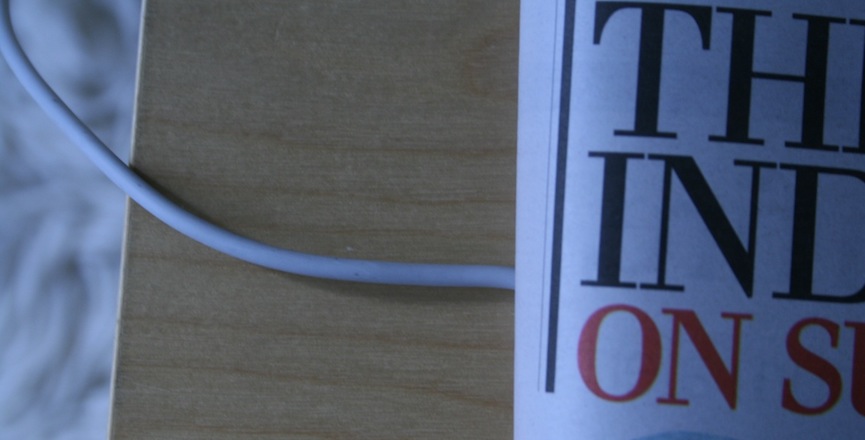An undergrad I know was captivated recently by Phil Ochs’ savage, sarcastic 1960s musical takedown of aging progressives: “Love me, love me, I’m a liberal.” (“I went to socialist meetings/ Learned all the old union hymns/ But I’ve grown older and wiser/And that’s why I’m turning you in/ So love me …)
It’s natural to tend toward radical positions when you’re young. Your mind is agile and you haven’t acquired the one item that might mitigate extremities: extensive life experience. Going liberal, or in Canada’s case Liberal, may follow with age. What’s odd is the notion of a young l/Liberal (YL), it’s almost an oxymoron.
Yet there have been many YL’s, some now high up in Ottawa. (The idea of young conservatives doesn’t seem quite as paradoxical.) I’m thinking this may help explain the odd refusal of the Trudeau government to deal with the desperate state of journalism, especially newspapers, in Canada. The Star‘s big boss, John Honderich, addressed this with deep aggravation recently. They’ve adamantly failed to help, even with measures that would cost them nothing.
These are young — or recently were — figures, like Gerry Butts, Justin’s main handler. He moved straight from university to working for a Liberal senator — a fine one, Allan MacEachen, but well aged by then; both of them grew up in the radical seedbed of Cape Breton.
Most people don’t want to seem fusty at an early age — hey, what happened to my youth and rebellion? Being a cog, even a sizable one, in the Liberal party, isn’t the coolest thing you can do at that age, so you seek something else to display your edge. Recently, that includes being tech savvy. This is an era, as Thomas Frank says about U.S. Democrats, when being hip and cool implies the internet and Silicon Valley.
To such people, newspapers may look like dog turds left by feckless pet owners. There was nothing virtual about them. You had to, until recently, bend down to pick them up off your porch, even in the cold. They now exist in virtual forms, but the musty odour lingers.
A Liberal mouthpiece said, of a policy being considered for the periodical sector, though not newspapers, that, “The government wants to correct some of the problems … ‘to adapt it to the digital age’ because it was created before the advent of the internet.”
You can hear his shame and embarrassment re anything pre-internet. Heritage Minister Mélanie Joly says she has no plan “to bail out industry models that are no longer viable.”
This is just ignorant.
The crisis is about journalism, not business models. Many, perhaps most, business models are failed — like the CBC, which has no real business model, except huge public subsidies that the Liberals happily keep rolling out to cover its many failures.
Capitalism itself is pretty failed, depending on where you view it from, and that extends to its origins in piracy and conquest — you call that a business model?
There’s no intrinsic connection between journalism and its current business model, which simply equals advertising. It wasn’t ever thus; newspapers fell into dependence on ads in the late 1800s. It was accidental but it happened to work for 100 years.
You could sever journalism from ads entirely — i.e., from that business model — and it would still be journalism, in fact it’d be better journalism. The question isn’t the model — any revenue source will do — it’s whether a society can be democratically healthy without solidly funded journalism.
There’s another consideration here, it’s speculative (yes, like the above): the post-politics factor, AKA the Obama factor. We live in a time when almost no one seems to view politics as a lifelong career. There’s too much money to be made outside it, especially with political connections to peddle.
This could account for Obama’s reluctance to force change on the Wall Street banks, exactly when he had the whip hand in 2009 and they were ready to accept it. He was young, with a family, and was already looking beyond being president.
In the case of the (formerly) YL’s, where might they be aiming, post-politics? To the big internet players, perhaps, such as Facebook and Google, who’d necessarily be in the crosshairs of any serious attempt to salvage journalism, since almost all the ad revenue that once supported journalism, has been diverted into their accounts. Cui bono? as they say in the journalism schools.
Image: webponce/Flickr
This column originally appeared in the Toronto Star.
Like this article? rabble is reader-supported journalism. Chip in to keep stories like these coming.




